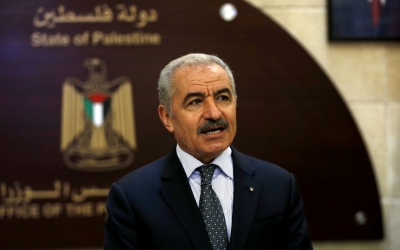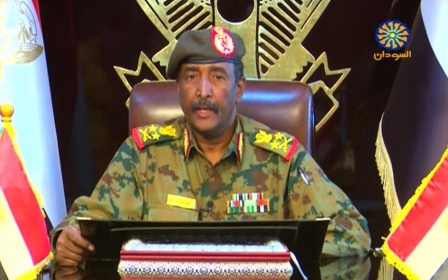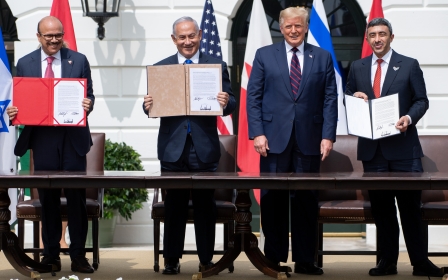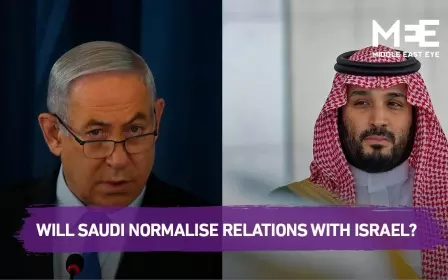Palestine renounces Arab League Council chair to protest Israel normalisation

Palestine decided on Tuesday to give up its right to chair the council of the Arab League in its current session in response to the normalisation deal between the United Arab Emirates, Bahrain and Israel.
Palestinian Foreign Minister Riyad al-Maliki said, however, that Palestine will not withdraw from the Arab League's ruling body, of which the Palestinian Liberation Organisation has been a member since 1976, because its withdrawal “will create a vacuum”.
Maliki told reporters at a press conference in Ramallah that his country has been subject to “pressures and blackmail” from supporters of normalisation in the league.
“Each country has its capabilities to withstand pressures and blackmail, especially when it comes from the exclusive agents of normalisation with the occupation,” he said.
"Unfortunately, the secretariat general of the Arab League took a decision to overlook the Emirati normalisation [deal], and failed to issue a decision that condemns it,” he added, referring to the league’s latest session on 9 September.
Maliki said that the UAE and Bahrain’s agreement with Israel made the Palestinians feel “like strangers in a scene that has nothing to do with Arabs and Arabism, and one that establishes the foundations for an era of capitulation to the enemy”.
The minister stressed his government’s adherence to the Arab Peace Initiative, which stipulates that normalisation can only take place after Israel withdraws from the occupied territories.
"It is regrettable that some Arab countries stand with Israeli Prime Minister Benjamin Netanyahu while we adhere to the Arab initiative to the fullest."
The UAE and Bahrain signed a US-sponsored deal to normalise their diplomatic relations on 15 September.
The deal, dubbed by US President Donald Trump as the Abraham Accords, has been denounced by Palestinians as an Arab betrayal of their struggle against Israeli occupation.
Trump has predicted that five other Arab countries will sign similar agreements with Israel, but did not name any.
Middle East Eye delivers independent and unrivalled coverage and analysis of the Middle East, North Africa and beyond. To learn more about republishing this content and the associated fees, please fill out this form. More about MEE can be found here.





